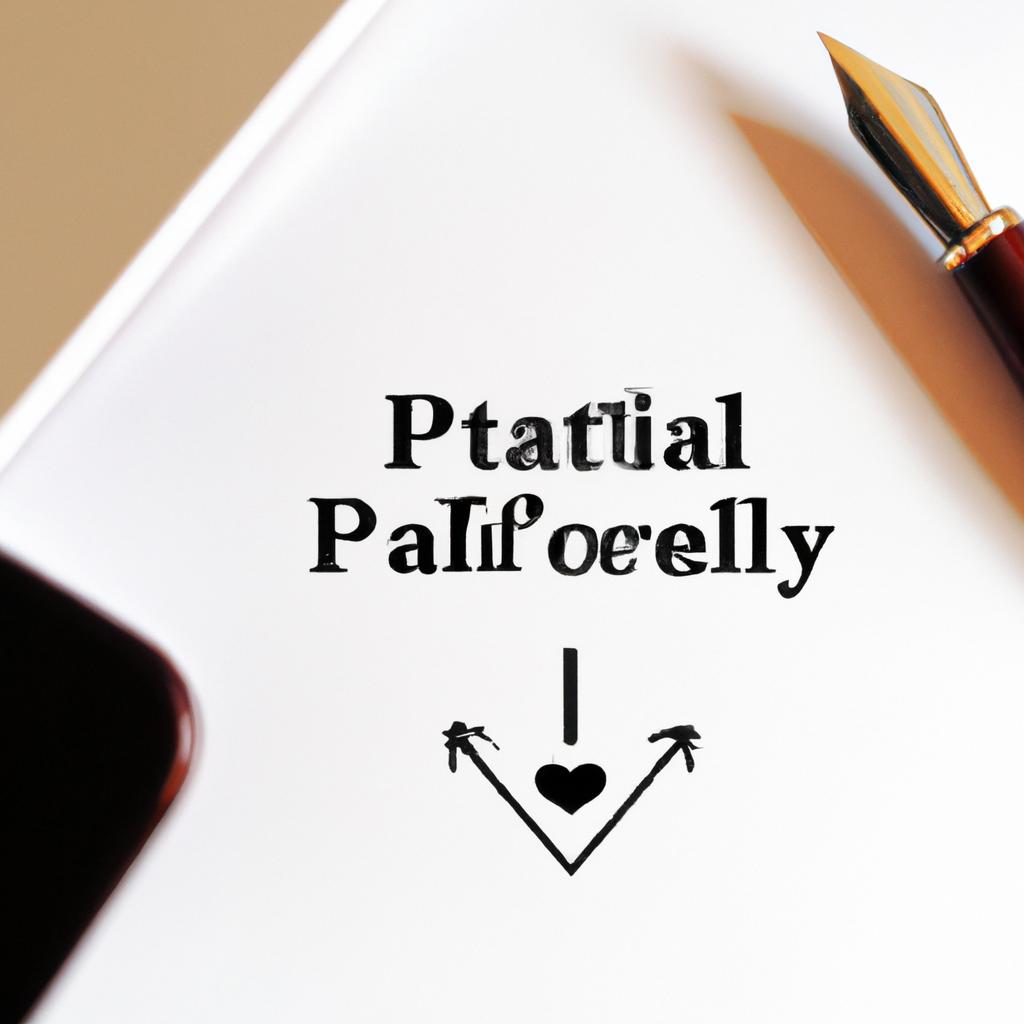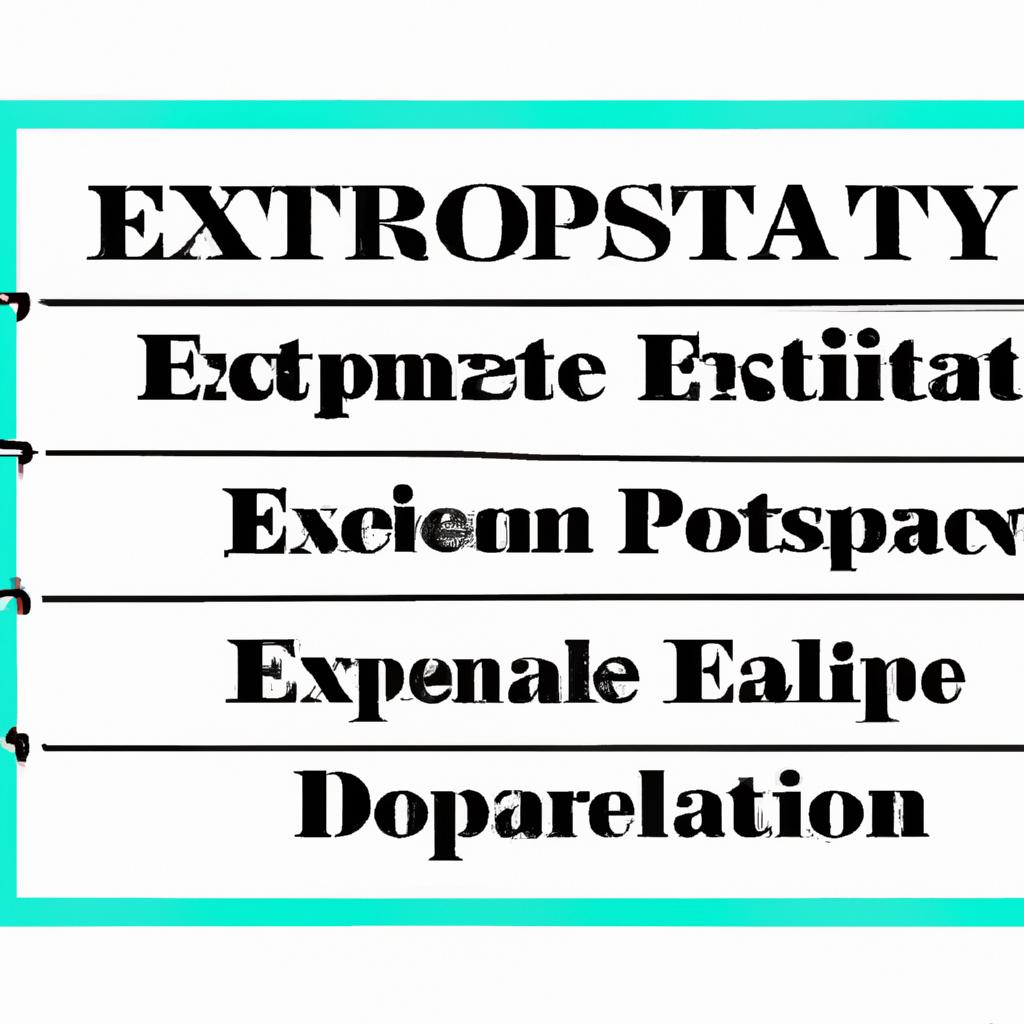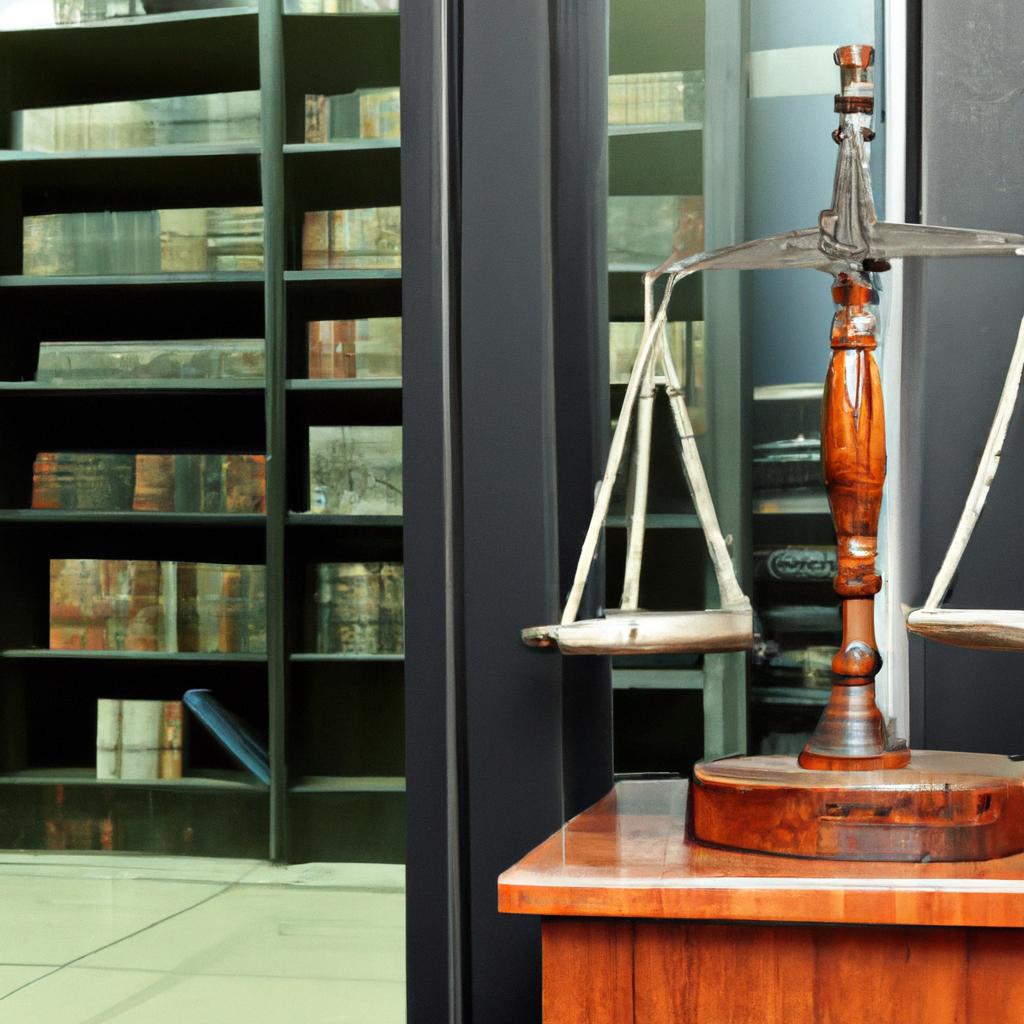Nonprobate assets are a crucial component of estate planning that often go overlooked. In the intricate web of legal terminology surrounding Wills and trusts, understanding the role and importance of nonprobate assets is essential. As experienced estate planning attorneys at Morgan Legal Group in New York City, we are well-versed in navigating the complexities of nonprobate assets to ensure your loved ones are provided for in the most efficient and effective manner possible. Join us as we delve into the world of nonprobate assets and discover the invaluable impact they can have on your estate plan.
When Nonprobate Assets Override the Terms of a Will
When nonprobate assets are involved, they can supersede the terms of a will, causing potential complications in the distribution of the deceased’s estate. Nonprobate assets are assets that pass outside of the probate process and are not governed by the terms of the will. These assets include:
- Jointly owned property
- Assets with designated beneficiaries, such as life insurance policies and retirement accounts
- Payable-on-death bank accounts
It is crucial for individuals to understand how nonprobate assets can impact their estate planning. Failure to properly address these assets in their estate plan could result in unintended consequences, such as beneficiaries receiving assets contrary to the wishes outlined in the will. Consultation with an experienced estate planning attorney can help ensure that all assets, including nonprobate assets, are properly accounted for and distributed according to the individual’s wishes.

Understanding the Importance of Designating Beneficiaries
When it comes to estate planning, designating beneficiaries is a crucial step in ensuring that your assets are distributed according to your wishes. By naming beneficiaries, you can bypass the probate process, which can save time and money for your loved ones after you pass away. Additionally, designating beneficiaries allows you to maintain privacy, as these assets are not subject to public record.
- By designating beneficiaries, you can:
- Ensure that your assets are distributed according to your wishes
- Avoid the lengthy and costly probate process
- Maintain privacy for your loved ones
Furthermore, by designating beneficiaries, you can also provide financial security for your loved ones in a timely manner. This can help prevent disputes among family members and ensure that your assets are distributed efficiently. With the help of an experienced estate planning attorney, you can create a comprehensive plan that includes designating beneficiaries for all of your assets, including retirement accounts, life insurance policies, and investment accounts.
- Benefits of designating beneficiaries include:
- Providing financial security for your loved ones
- Preventing disputes among family members
- Distributing assets efficiently

Avoiding the Pitfalls of Probate Through Strategic Asset Planning
When it comes to estate planning, navigating the complexities of probate can be a daunting task. By implementing strategic asset planning, you can avoid the pitfalls of probate and ensure that your assets are distributed according to your wishes. One effective way to bypass the probate process is by establishing nonprobate assets.
<p>Nonprobate assets are not subject to the probate process and can be transferred directly to beneficiaries upon your passing. Some examples of nonprobate assets include:</p>
<ul>
<li><strong>Jointly owned property:</strong> When you own property jointly with rights of survivorship, the property automatically passes to the surviving owner, avoiding probate.</li>
<li><strong>Retirement accounts:</strong> Assets in retirement accounts such as IRAs and 401(k)s can be designated to specific beneficiaries, bypassing probate.</li>
</ul>

Maximizing the Efficiency of Estate Distribution with Nonprobate Assets
When it comes to estate planning, is key. Nonprobate assets are assets that pass outside of the probate process, allowing for a smoother and more efficient distribution of assets to beneficiaries. By properly utilizing nonprobate assets, individuals can minimize the time and cost associated with the probate process, ensuring that their assets are distributed according to their wishes in a timely manner.
There are several types of nonprobate assets that can be used to maximize the efficiency of estate distribution, including:
- Joint Tenancy Assets: Assets held in joint tenancy with rights of survivorship automatically pass to the surviving joint tenant upon the death of the other joint tenant.
- Beneficiary Designations: Assets such as life insurance policies, retirement accounts, and payable-on-death accounts can have designated beneficiaries who will receive the assets upon the account holder’s death.
Q&A
Q: What is nonprobate?
A: Nonprobate refers to assets that are not subject to the probate process after a person’s death.
Q: What are some examples of nonprobate assets?
A: Some common examples of nonprobate assets include life insurance policies, retirement accounts, and jointly owned property with rights of survivorship.
Q: Why is it important to understand the difference between probate and nonprobate assets?
A: Understanding the difference between probate and nonprobate assets can help individuals ensure that their assets are distributed according to their wishes and can also help reduce the time and expenses associated with the probate process.
Q: How can someone ensure that their assets are considered nonprobate?
A: To ensure that their assets are considered nonprobate, individuals can designate beneficiaries for their life insurance policies and retirement accounts, establish joint tenancy with rights of survivorship for property ownership, and create a revocable living trust.
Q: Are there any downsides to having nonprobate assets?
A: While nonprobate assets can help streamline the distribution process after death, individuals should be aware that designating beneficiaries for certain assets may limit their ability to make changes to the distribution of those assets in the future.
The Way Forward
In conclusion, understanding the intricacies of nonprobate assets can provide peace of mind and clarity when planning for the future. By properly designating beneficiaries and ensuring assets are titled correctly, individuals can streamline the distribution of their estate and avoid potential complications. Whether it’s a life insurance policy, retirement account, or joint tenancy property, incorporating nonprobate assets into your overall estate plan can help ease the burden on your loved ones during a difficult time. Embracing this aspect of estate planning may be the key to ensuring your final wishes are carried out efficiently and effectively. So, take the time to review your assets and make the necessary adjustments to secure a smooth transition for your heirs.

